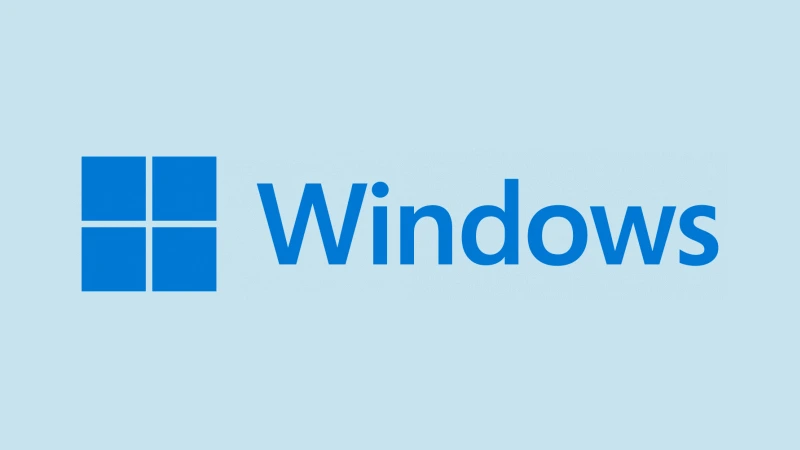In personal computing, Microsoft Corporation stands as an extreme force, steering innovation through its flagship product, the Windows operating system. Established in 1975 by Bill Gates and Paul Allen, Microsoft has been the architect and custodian of Windows since its inception in 1985. This operating system has undergone a metamorphic evolution, shaping the digital landscape and becoming integral to millions of devices globally.
Windows, the Digital Pioneer
Windows emerged as a graphical operating environment designed to complement MS-DOS, the dominant operating system during the mid-1980s. Microsoft’s commitment to developing and refining Windows has solidified its position as the primary proprietor of this iconic operating system. The company’s continuous investment in research and development has paved the way for a series of transformative Windows releases, each introducing new features, enhanced performance, and improved security.
Windows Versions: An Evolutionary Journey
The journey of Windows spans through significant versions, from the groundbreaking Windows 95 to the recent Windows 11. Each release brought forth advancements in user interface design, performance optimization, and security protocols. Windows 10, a milestone in the operating system’s history, was designed as a service, receiving regular updates to ensure users benefit from the latest features and security enhancements. The subsequent introduction of Windows 11 further marked Microsoft’s commitment to refining the user experience and adapting to evolving technological landscapes.
- Windows 1.01 (1985)
- Windows 2.0 (1987)
- Windows 3.0 (1990)
- Windows 95 (1995)
- Windows 98 (1998)
- Windows 2000 (2000)
- Windows XP (2001)
- Windows Vista (2006)
- Windows 7 (2009)
- Windows 8 (2012)
- Windows 8.1 (2013)
- Windows 10 (2015)
- Windows 11 (2021)
Microsoft’s Diversified Portfolio
Beyond Windows, Microsoft has burgeoned into a technological behemoth with a diversified product portfolio. In addition to the operating system, the company offers software applications, cloud services(such as Microsoft Azure), hardware devices(including the Surface series), and productivity tools like Microsoft Office. This multifaceted approach underscores Microsoft’s endeavor to cater to diverse technological needs, positioning itself as a comprehensive solution provider.
Financial Prowess and Global Impact
Microsoft’s financial prowess is a testament to its global impact. As of 2023, the company reported a staggering revenue of $211.9 billion, with an operating income of $88.5 billion and a net income of $73.4 billion. The total assets amounted to $411.9 billion, highlighting the magnitude of Microsoft’s economic footprint. With a workforce of 238,000 employees contributing to this success, the company remains a powerhouse in the technology sector.
Microsoft’s Headquarters
Situated at One Microsoft Way, Redmond, Washington, Microsoft’s headquarters serves as the epicenter of innovation. This location was strategically chosen due to its proximity to Seattle, affordable land prices, and access to a highly educated workforce. The headquarters also functions as a visitor center and company store, allowing individuals to experience and explore Microsoft’s latest products firsthand.
Ownership
Satya Nadella, the current chairman and CEO of Microsoft, has played a pivotal role in steering the company towards new heights of success. Taking the reins in 2014, Nadella has been instrumental in driving Microsoft’s transformation into a cloud-first and mobile-first company, fostering innovation and adaptability.
FAQ’s
What are some of Microsoft's other notable products besides Windows?
Microsoft's product portfolio extends beyond Windows and includes Microsoft Office, web browsers like Edge, Xbox video game consoles, the Surface line of touchscreen computers, Visual Studio for software development, and a range of server applications, productivity tools, and business solutions.
Bottom Up
Microsoft’s journey with Windows encapsulates a technological odyssey marked by innovation, adaptability, and a commitment to enhancing the user experience. From its humble beginnings to its current status as a global technology giant, Microsoft continues to shape the future of personal computing, leaving an indelible mark on the digital landscape.

